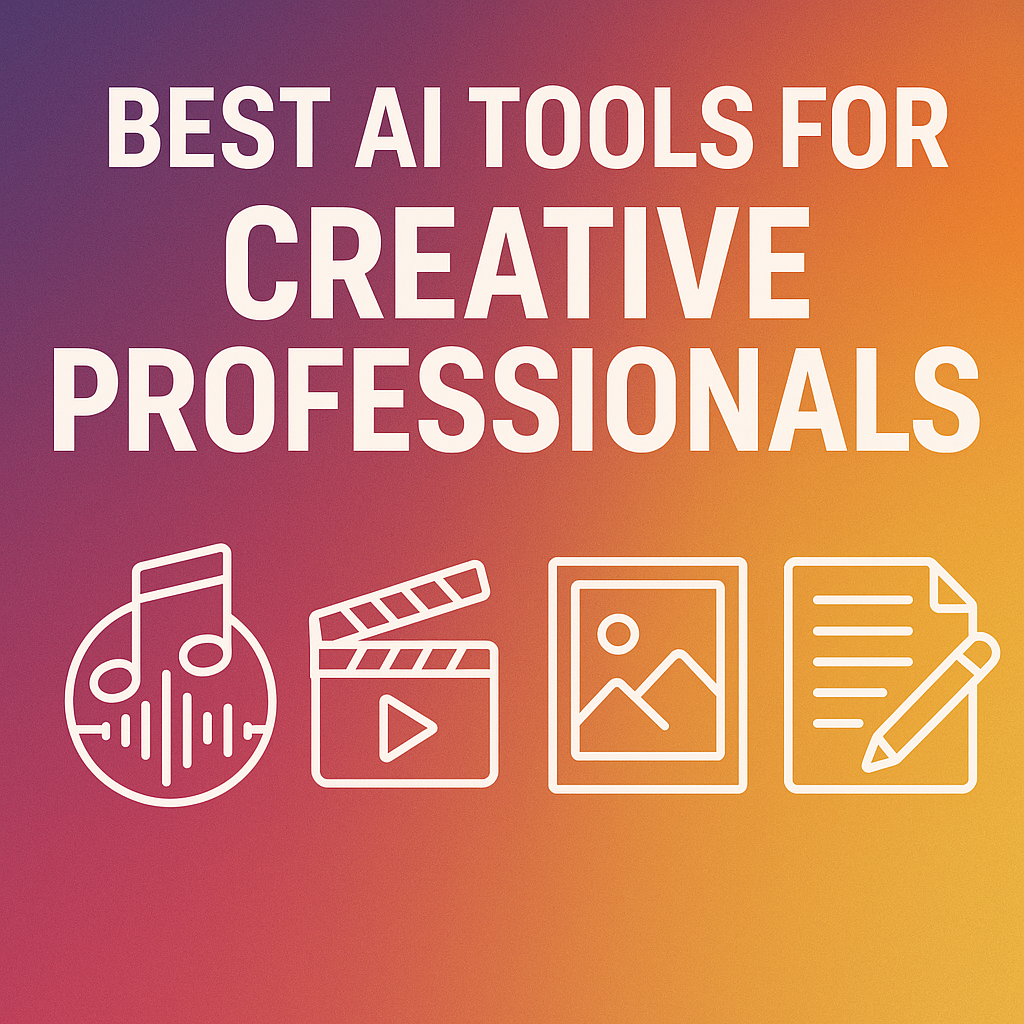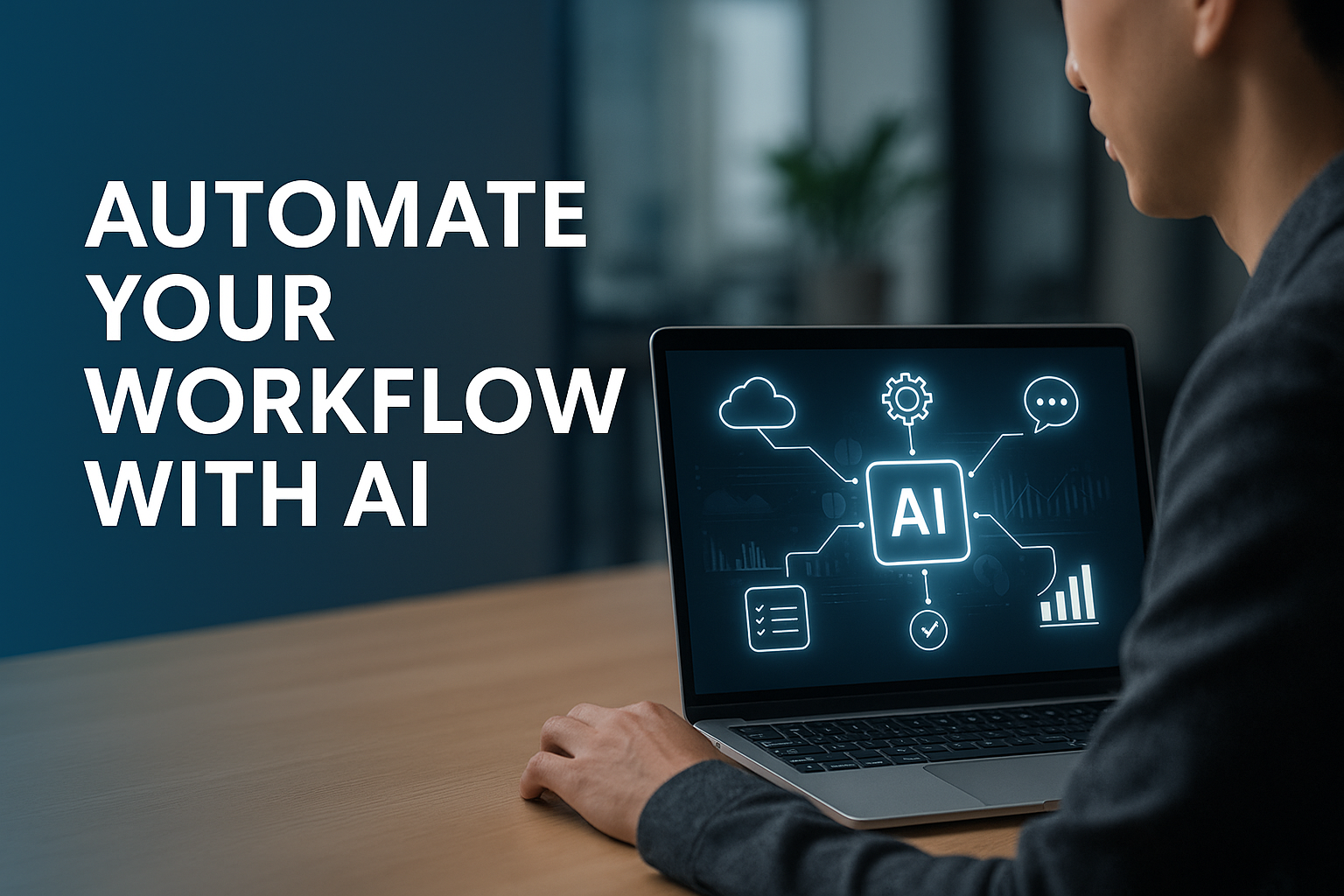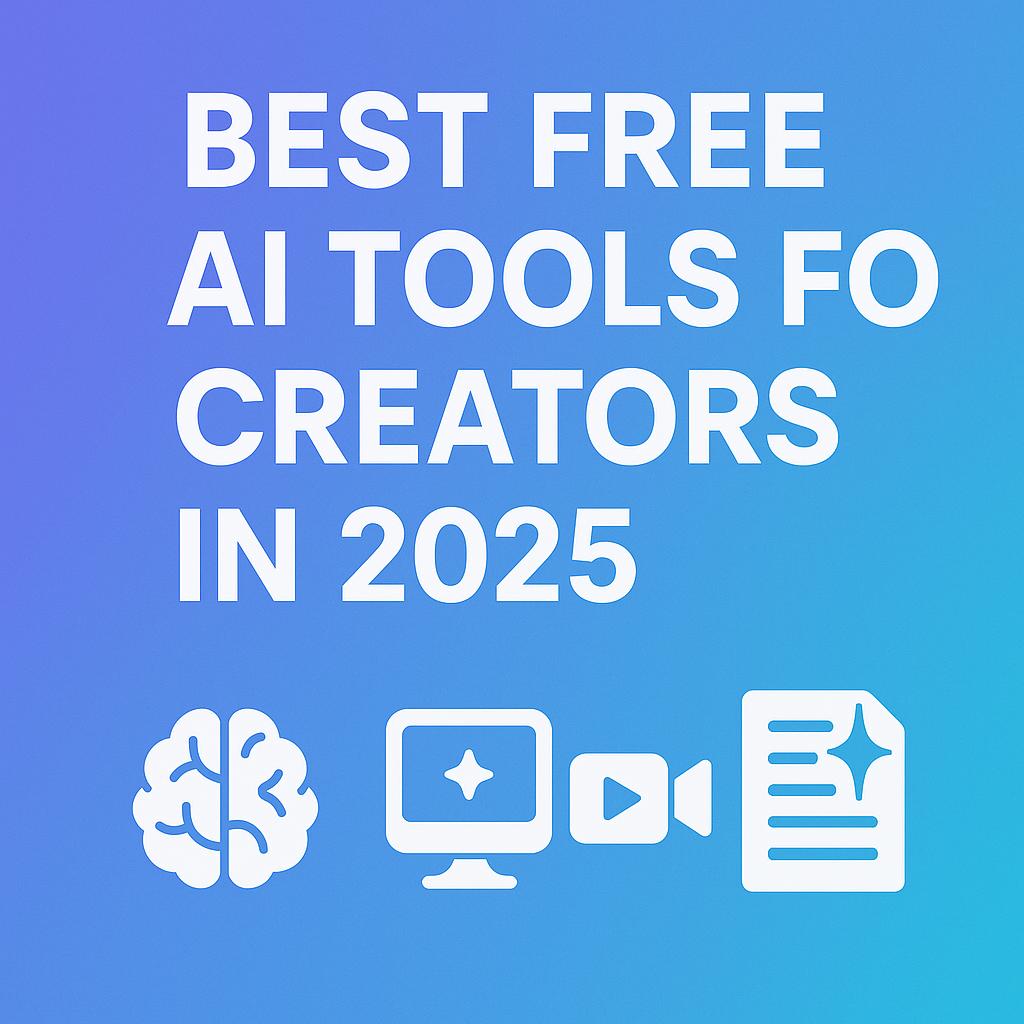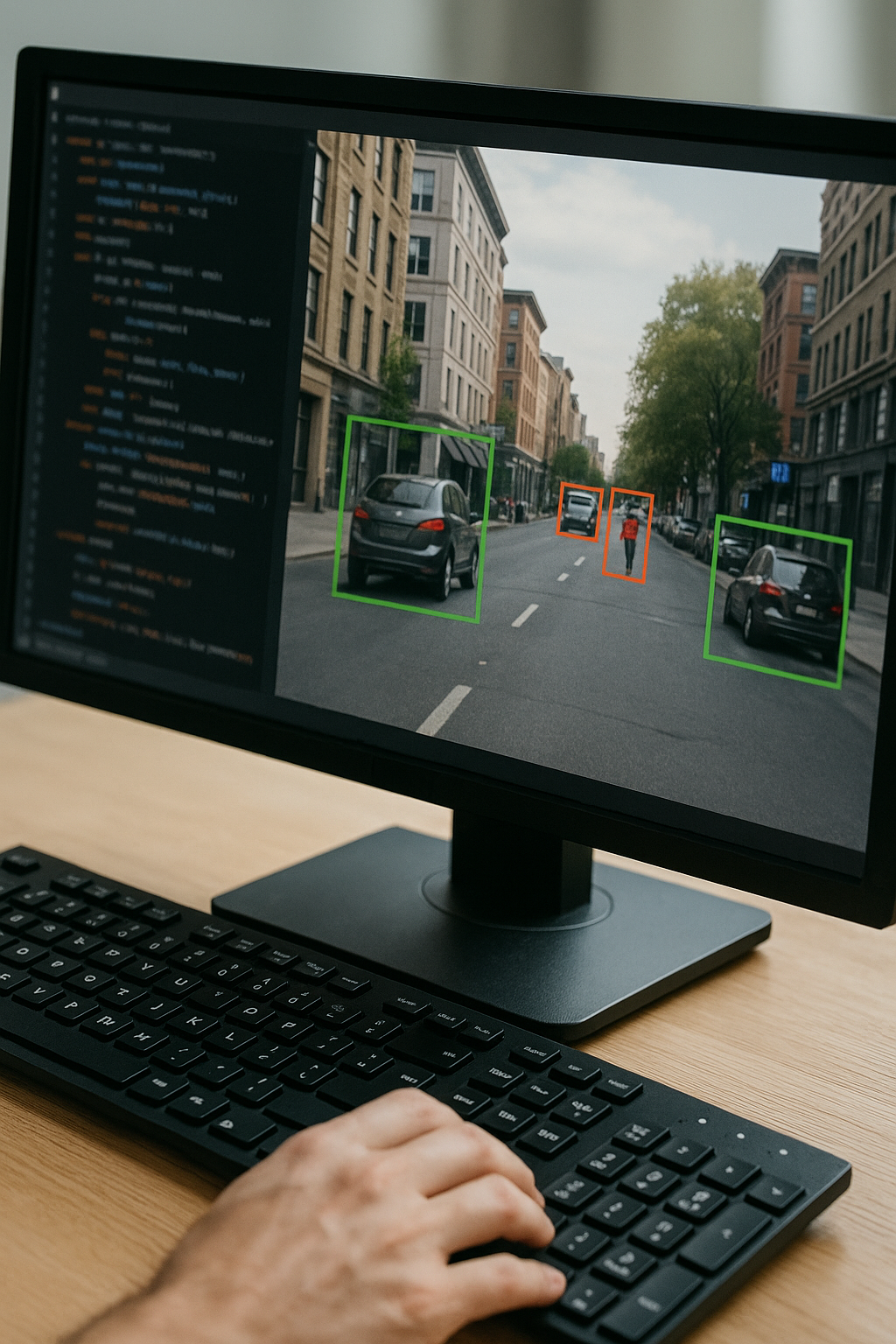AI and Personalization
The Role of Recommendation Systems
In today's digital landscape, we are inundated with an overwhelming abundance of content, products, and services. As consumers, we crave personalized experiences that cater to our unique preferences and needs. This is where the power of recommendation systems, powered by artificial intelligence (AI), comes into play.
Recommendation systems are the unsung heroes behind the personalized experiences we enjoy on platforms like Netflix, Amazon, and our favorite social media apps. These AI-driven algorithms analyze our browsing history, purchase patterns, and even our interactions to surface content and products that are tailored just for us.
Netflix, for example, leverages a sophisticated recommendation system to suggest movies and TV shows that align with our viewing habits and preferences. By understanding our tastes and behaviors, Netflix's AI can make remarkably accurate predictions about what we're likely to enjoy, leading to higher engagement and increased customer satisfaction. The platform's recommendation engine combines collaborative filtering, content-based filtering, and contextual information to provide personalized recommendations. Collaborative filtering analyzes the preferences of users with similar viewing histories, while content-based filtering examines the attributes of the media itself. Contextual data, such as the time of day, device, and location, further refines the recommendations to match our current context. Netflix's recommendation system is so advanced that it is estimated to drive over 80% of the content watched on the platform.
Similarly, Amazon's recommendation engine plays a crucial role in its ecommerce success. When we browse products on Amazon, the site's AI analyzes our search history, past purchases, and the browsing patterns of similar customers to recommend complementary items or suggest new products we may be interested in. This personalized approach has been a key driver of Amazon's impressive sales figures and customer loyalty. Amazon's recommendation system utilizes a combination of techniques, including item-to-item collaborative filtering, which identifies products that are frequently purchased together, and content-based filtering, which considers the attributes of the products themselves. The company's recommendation algorithms are continuously refined using machine learning, allowing them to adapt to changing user preferences and market trends.
The impact of recommendation systems extends beyond entertainment and retail. Social media platforms like Facebook, Instagram, and TikTok also leverage AI-powered recommendation algorithms to curate our newsfeeds, surface trending content, and suggest new connections and accounts to follow. By understanding our interests and engagement patterns, these platforms can keep us glued to their services, driving increased user activity and ad revenue. Facebook's recommendation system, for instance, analyzes factors such as our connections, likes, comments, and sharing behavior to predict the content we're most likely to engage with. Instagram's algorithm considers our previous interactions, the popularity of posts, and the timeliness of content to deliver a personalized feed. TikTok's "For You" page is particularly noteworthy, as its recommendation system leverages AI to understand our unique preferences and serve us a continuous stream of highly engaging and relevant content.
As AI technology continues to evolve, the capabilities of recommendation systems will only become more sophisticated. Advancements in deep learning, natural language processing, and computer vision will enable these systems to analyze an even broader range of data points, leading to more accurate and nuanced personalization. Emerging technologies like reinforcement learning and contextual bandits will further refine recommendation algorithms, allowing them to adapt and improve over time based on user feedback and changing preferences.
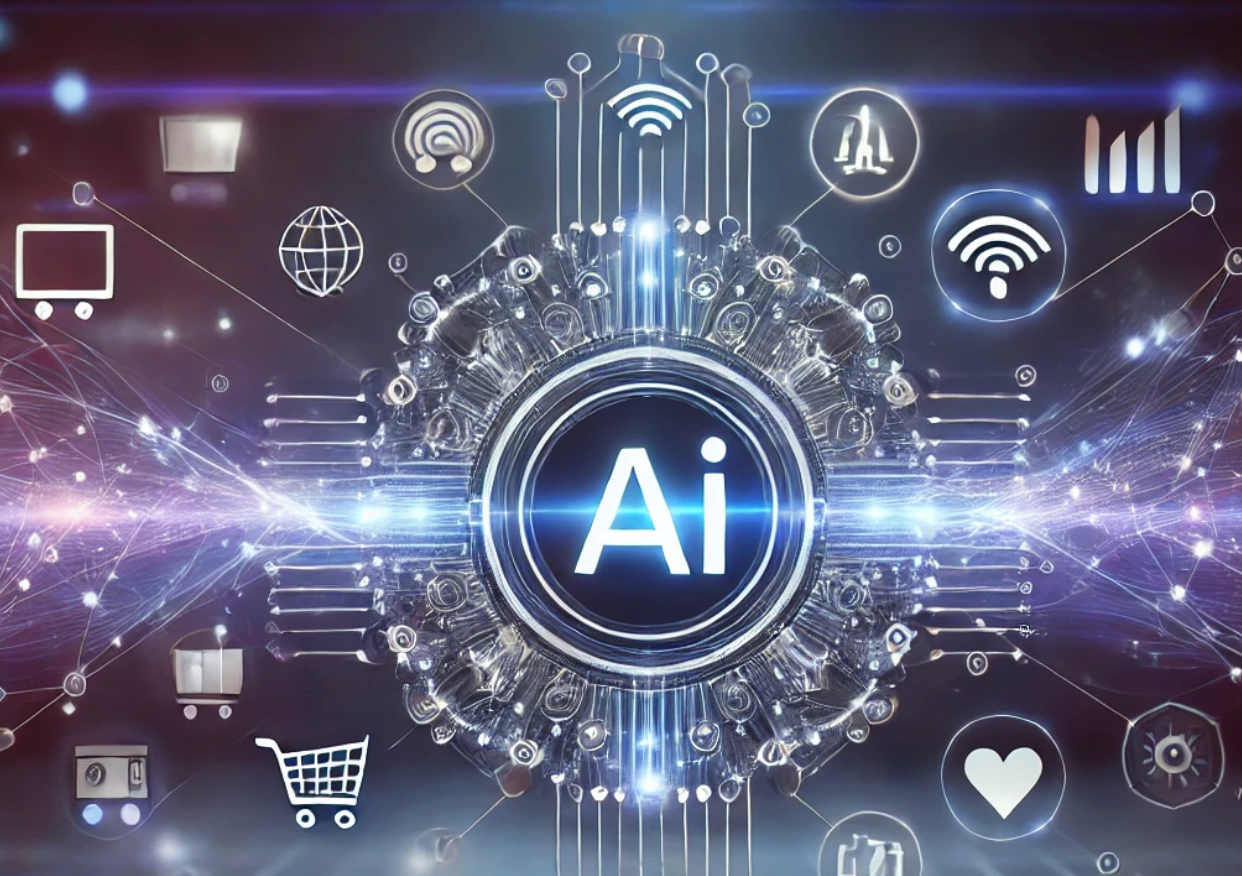
The future of AI-powered recommendation systems is both exciting and transformative. By seamlessly blending our preferences with the wealth of digital content and products available, these systems have the potential to revolutionize the way we discover, consume, and engage with the world around us. Imagine a world where your favorite streaming platform not only suggests the perfect movie for your Friday night, but also orders your favorite snacks from Amazon, schedules a ride-share, and dims the lights in your living room to create the perfect viewing experience. The integration of recommendation systems with other smart home and IoT technologies could lead to truly seamless and personalized experiences.
As we move towards a more interconnected and AI-driven future, the role of recommendation systems will only continue to grow in importance. These systems are not only shaping our individual experiences, but also influencing the broader digital landscape. Businesses that can effectively leverage AI-powered personalization will have a distinct advantage, as they can better serve their customers, increase engagement, and drive revenue.
Ready to experience the power of personalization? Check out our [software solution] and see how it can transform your [industry] experience. Our AI-driven recommendation engine leverages the latest advancements in machine learning to provide you with tailored content, products, and services that cater to your unique needs and preferences. And don't forget to sign up for our newsletter to stay up-to-date on the latest AI and personalization trends – you won't want to miss out on the exciting developments in this rapidly evolving field.
Sign Up For Our Weekly Newsletter and Get Your FREE Ebook " AI For Everyone - Learn the Basics and Embrace the Future"



